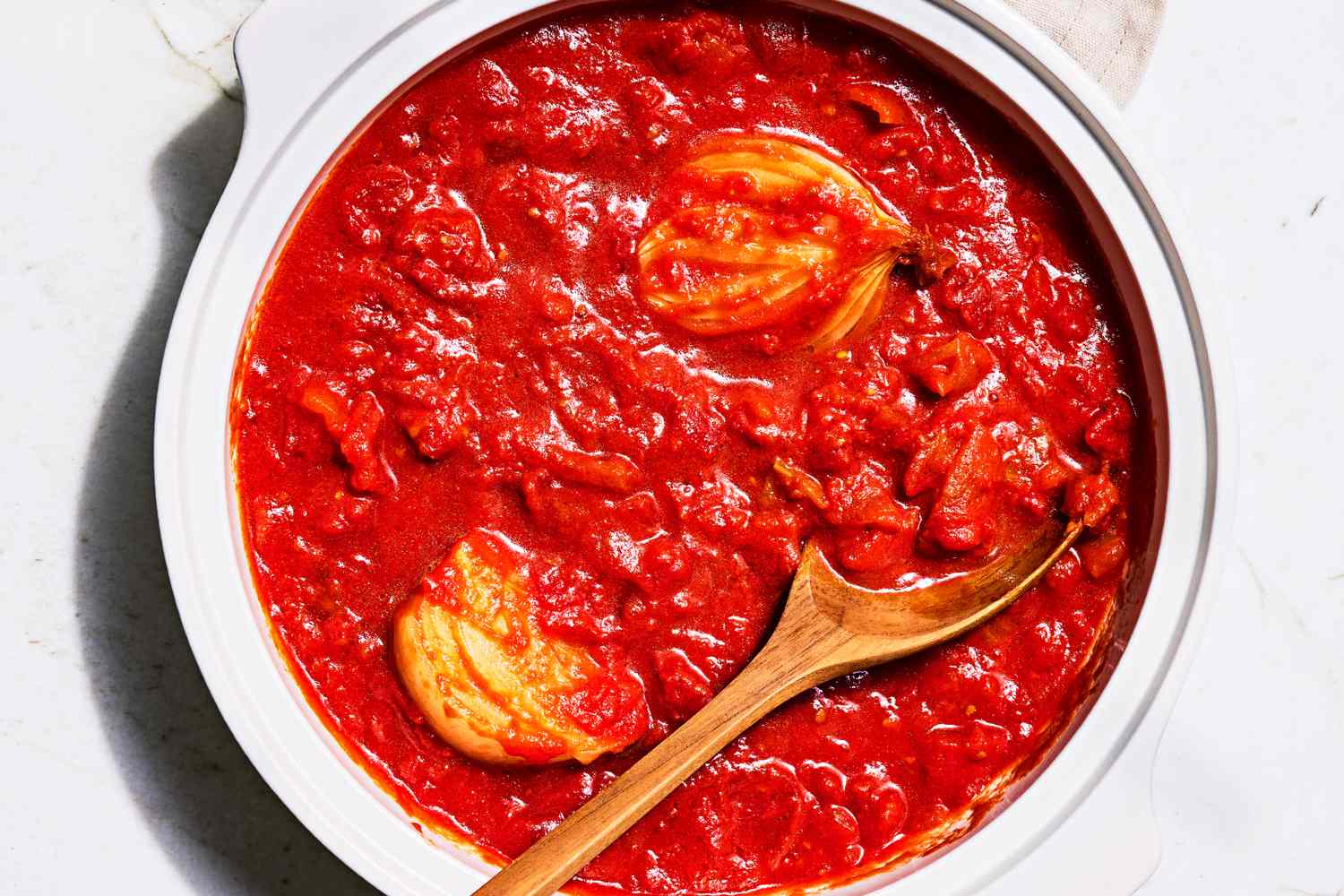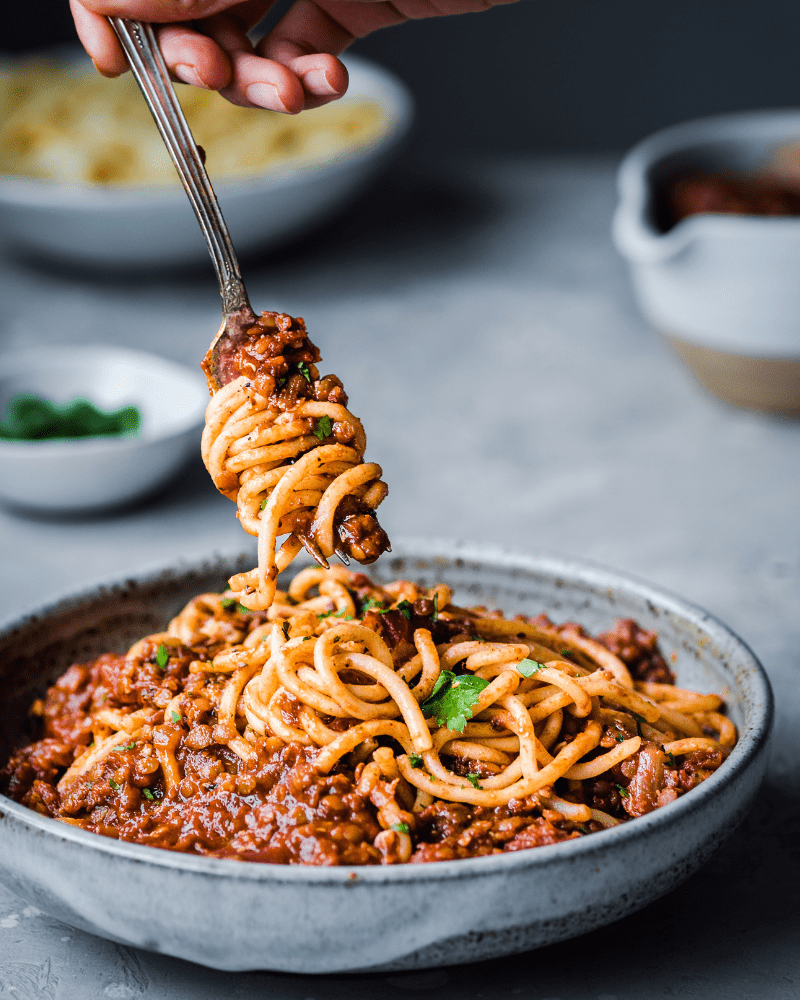Not to derail, just looking for input with this question. Where is the line between whole and processed foods? I can get down on all fours in the front yard tomorrow morning and bite a leaf of lettuce off a plant in my wife's garden and that is not a processed food. What about an apple or a carrot? Is pulling a carrot out of the ground so I can eat the whole thing a form of processed food? Apples, I am too old to jump high enough in the air to bite an apple still on the tree. Is a picked apple a processed food? I am not kidding. This is the sort of thing that makes me itchy. I am kinda at there is reasonable processing like canning or freezing, and there is unreasonable processing like isolating HFCS from corn kernels; but I am not sure where to draw a line.
This is a very important question, which I have been considering a bit lately. I am personally convinced that while the question gets at an important issue, it is not super useful as is.
I think the concept of 'processed' is so elastic as to be almost useless in 2024. If I make cashew cream in my kitchen using a vitamix blender, is that product now 'ultra processed', even though its basically just cashew nuts and water? That Cuisinart thing on my counter is literally called a 'food processor', is everything made automatically less healthy after it goes through there? What about chewing? Should I chew less and automagically make my diet healthier?
This line of reasoning suggests that steak is healthier than hamburger is healthier than whole wheat flour. Ugh.
And indeed I have seen carnivore influencers argue their diet is healthy bc it is unprocessed. So long as you don't consider cooking processing. Double Ugh.
I have also seen raw vegans argue that their diet is healthiest, bc there is not even any cooking! Triple Ugh.
------
Where do I stand? I think ingredients matter most (macro and micronutrients), and how those ingredients are combined/mashed up matter less.
The processing that matters is 'refining' and 'separation'. Refined sugar is different than fruit. Butter is different than milk. Refined flour is different than whole wheat. But the big difference is because some things were left out, and some other things were made more concentrated. How fine those products are ground... meh. Might make some difference in an edge case, but while most people are eating crazy macros (and not even realizing it half the time), I don't want to waste any mental energy on that.
-------
One thing I think about is food scientists and
hyperpalatability. Its been shown that foods over a certain percentage of fat (like 25%) and sodium (like 0.3% weight) are effectively addictive and people will eat a lot of them and keep coming back for more. Think Doritos in 2024 (hyperpalatable) vs Fritos in 1980 (not hyperpalatable). Some think the definition should include sugar too.

en.wikipedia.org
So, most of what were classically labeled as processed foods, are what your Mom called 'junk foods' like pizza, cookies, chips, pastries, desserts etc are now actually called
hyperpalatable.
Here’s a list of the 18 most addictive and the 17 least addictive foods.

www.healthline.com
Fun fact.... chicken nuggets and Prime beef and cheese are all hyperpalatable (high fat and sodium). Most beef 20 years ago was NOT hyperpalatable. Only a few cuts were marbled enough to be rated 'prime' and those then cost a lot more. Cheap cuts (my Mom bought as a kid) were like shoe leather. Now cattle have been
selectively bred to have high intramuscular fat, and most of the beef is now prime rated, and conversely, a lot of (i.e. fast food) beef is now super cheap and hyperpalatable.
So those dudes guzzling (prime) beef steaks (with a pinch of salt), and thinking 'I am getting protein in a delicious, natural and totally unprocessed (= healthy) way' are eating a hyperpalatable food (i.e. addictive) that is also a saturated fat bomb. When they think 'its gotta be OK, bc my parents and grandparents ate a lot of beef and they were healthy...' they were having a
different food product years earlier. Maybe a pot roast without a lot of marbling, maybe a burger with less fat (after cooking), etc.
And no surprise, the per capita consumption of meats climbed as those 'unprocessed' foods were bioengineered to have higher fat content and be hyperpalatable.
But no worries, they're unprocessed.












